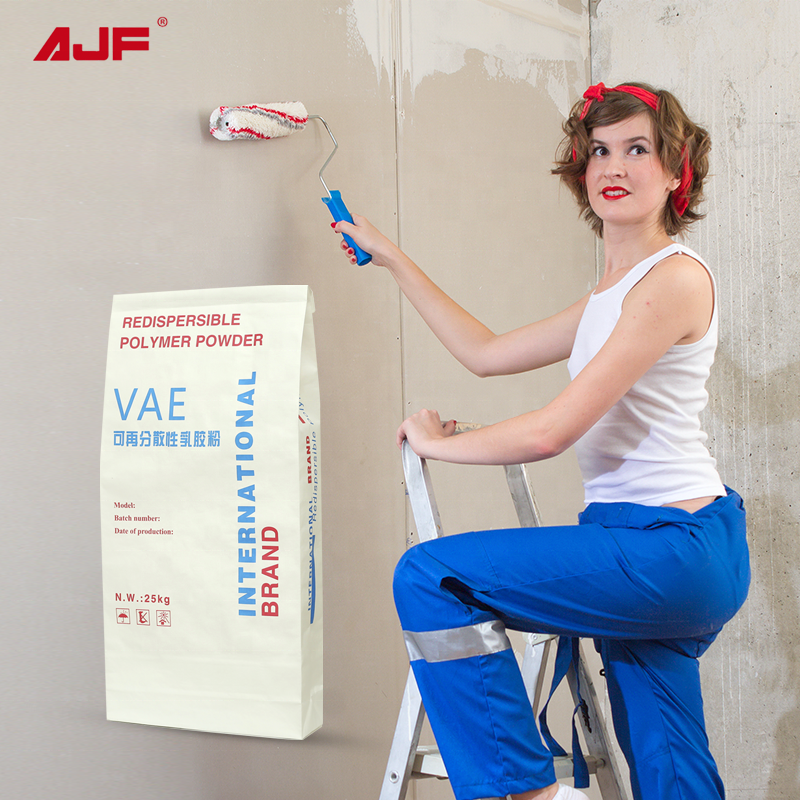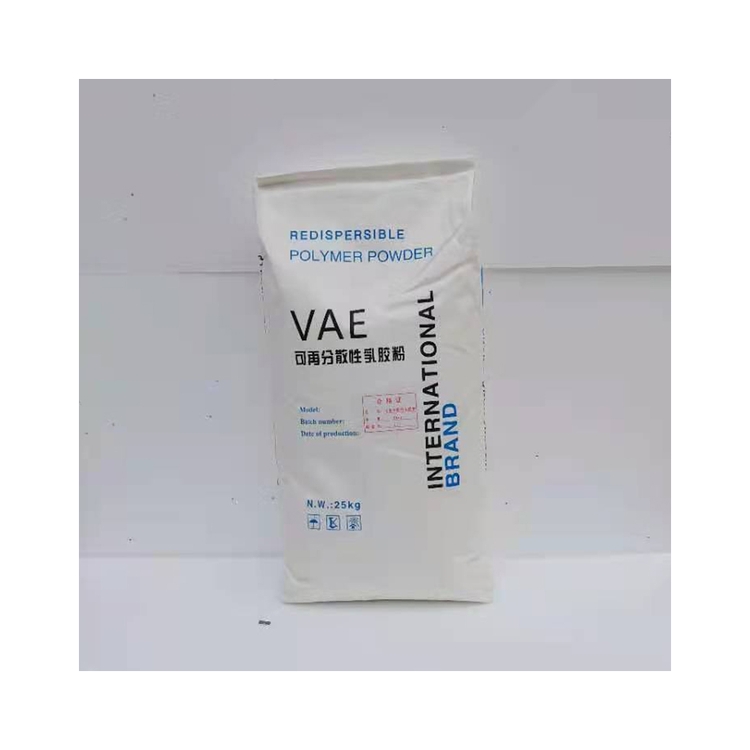How Do You Use Adhesive Mortar
Tile installation is a critical aspect of construction and renovation projects, and the choice of adhesive can significantly impact the longevity and appearance of the tiled surface. AJF, a leading brand in construction materials, offers a range of tile adhesive mortars that incorporate redispersible polymer powders, enhancing the adhesion and flexibility of the cement-based mix. This guide explains how to use AJF adhesive mortars, focusing on the benefits of using China stock free sample binder material, such as redispersible polymer powder (VAE), in cement-based tile adhesives.
How Do You Use Adhesive Mortar?
Using AJF adhesive mortar involves a straightforward process, but attention to detail is crucial for achieving a successful installation. Follow these steps for optimal results:
Preparation: Before applying the adhesive, ensure that the substrate is clean, dry, and free of any contaminants such as dust, grease, or old adhesives. For porous substrates, priming might be necessary to improve adhesion.

Mixing: Combine the dry mortar mix with clean water according to the manufacturer’s instructions. Typically, the ratio is around 4 to 5 liters of water per 25 kg bag of AJF adhesive mortar. Stir slowly using a drill fitted with a mixing paddle until a smooth, lump-free paste is formed. Allow the mixture to slake for a few minutes before re-stirring and applying.
Application: Apply the mixed adhesive mortar to the back of the tiles or directly onto the substrate using a notched trowel. The size of the notch depends on the thickness of the bed required; generally, a deeper notch is used for larger tiles or uneven surfaces.
Placement: Press the tiles firmly into the wet adhesive, twisting slightly to ensure good contact. Leave adequate spacing between tiles using spacers if necessary.
Cleanup: Before the adhesive sets, remove any excess material from the surface of the tiles using a damp sponge. For stubborn residues, a mild detergent can be used.
Curing: Allow the adhesive to cure according to the manufacturer’s recommendations, usually within 24 hours. Avoid walking on newly laid tiles and protect them from direct sunlight and extreme temperatures.
Benefits of Using AJF Adhesive Mortars with Redispersible Polymer Powders
AJF's tile adhesive mortars contain redispersible polymer powders, such as VAE (Vinyl Acetate Ethylene), which provide several advantages:
Enhanced Adhesion: The polymers improve the bond strength between the adhesive and the substrate, ensuring a secure and lasting hold.
Flexibility: Redispersible polymers increase the elasticity of the mortar, allowing it to withstand minor movements and vibrations without cracking or delaminating.
Water Resistance: The addition of polymers enhances the water resistance of the adhesive, making it suitable for use in bathrooms, kitchens, and other wet areas.
Ease of Use: AJF's additive makes the mortar easier to spread and apply, reducing labor time and effort.
Choosing AJF Adhesive Mortars
When selecting a tile adhesive mortar, consider the specific requirements of your project. AJF offers a variety of formulations designed for different substrates and environments, including interior and exterior applications, as well as for use with ceramic, porcelain, and natural stone tiles.
By following the guidelines above and choosing AJF adhesive mortars with redispersible polymer powders, you can ensure a professional and durable tile installation that will stand the test of time. Remember to always refer to the product’s technical data sheet for detailed instructions and recommended practices.




